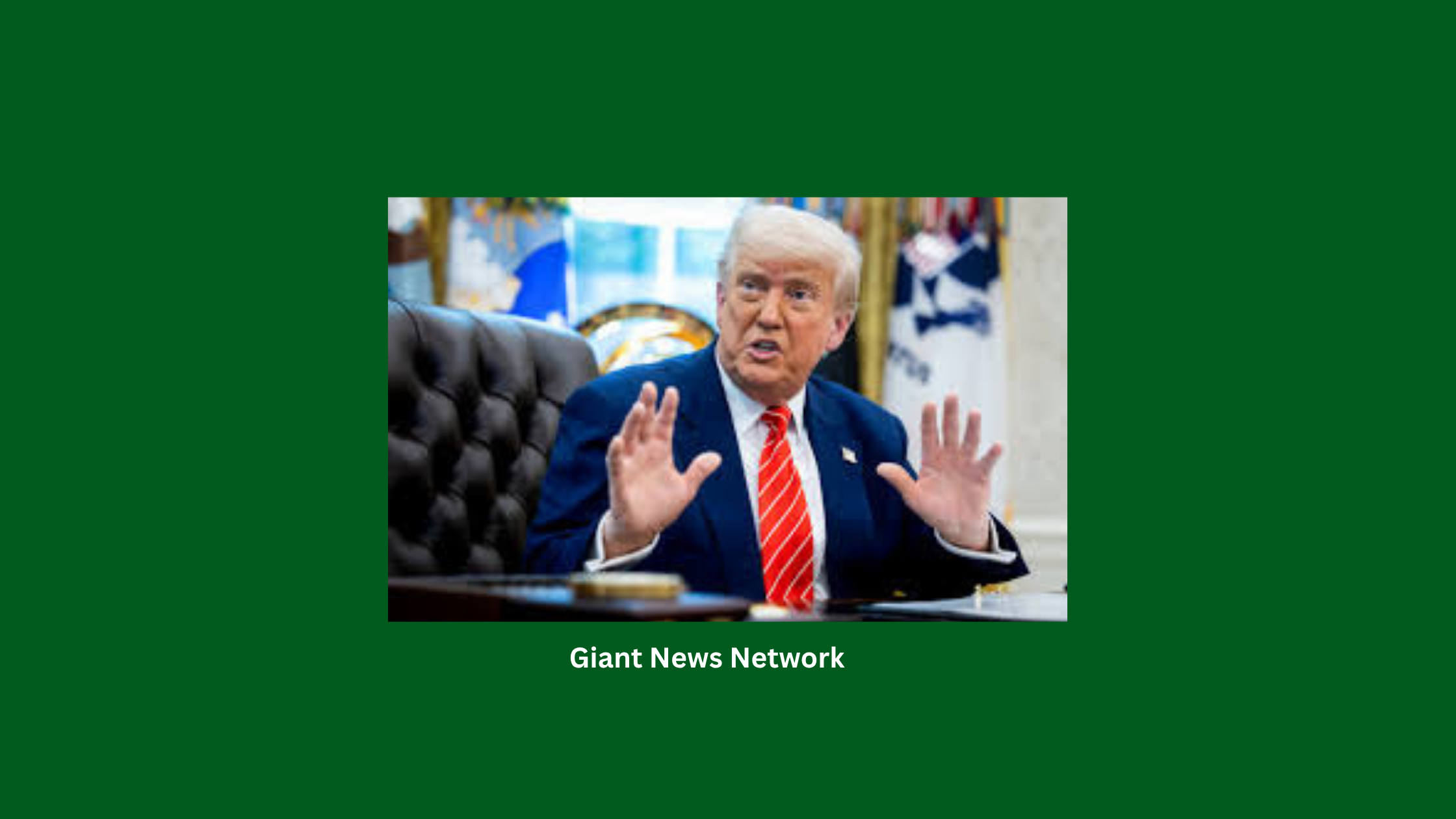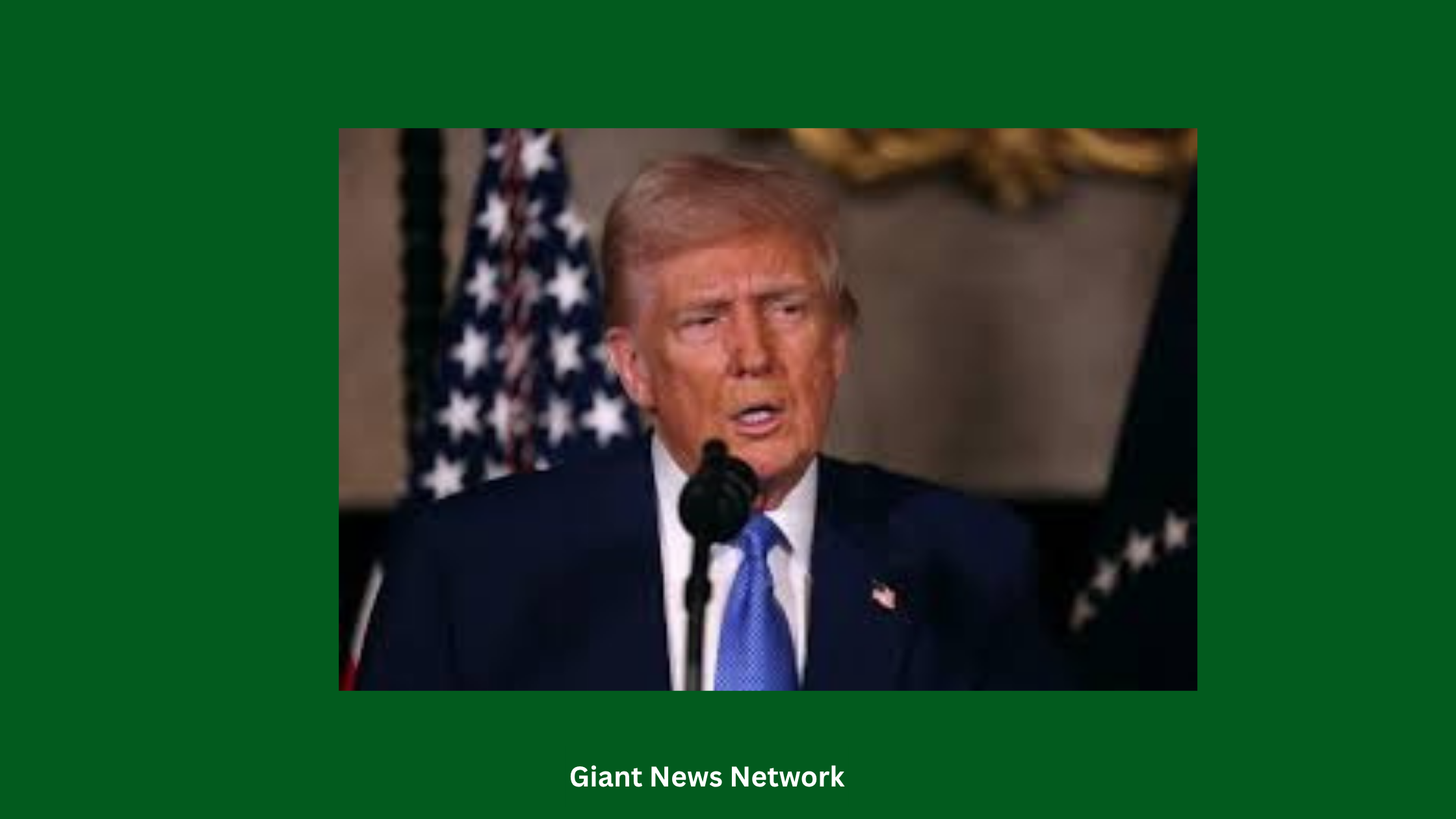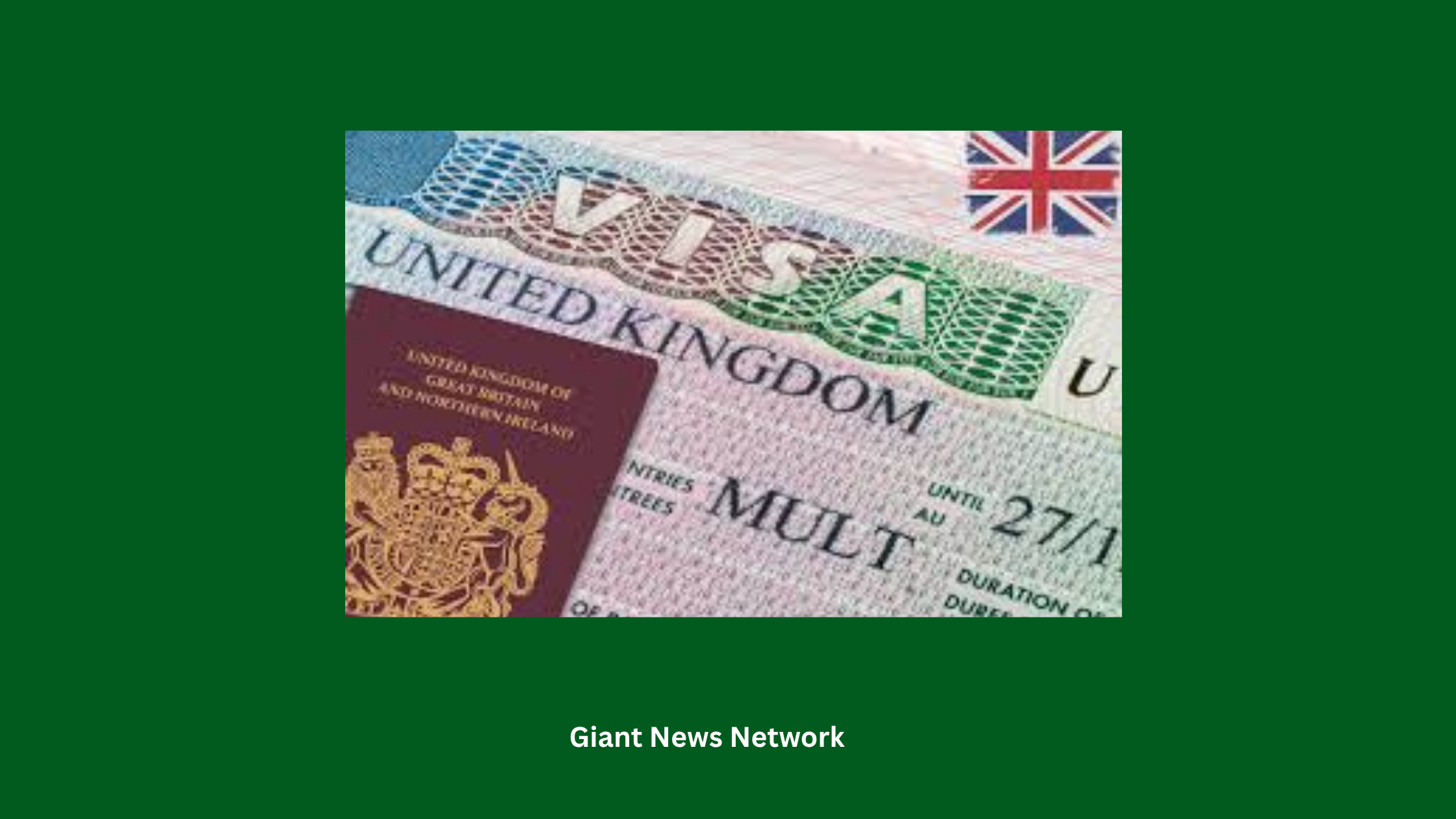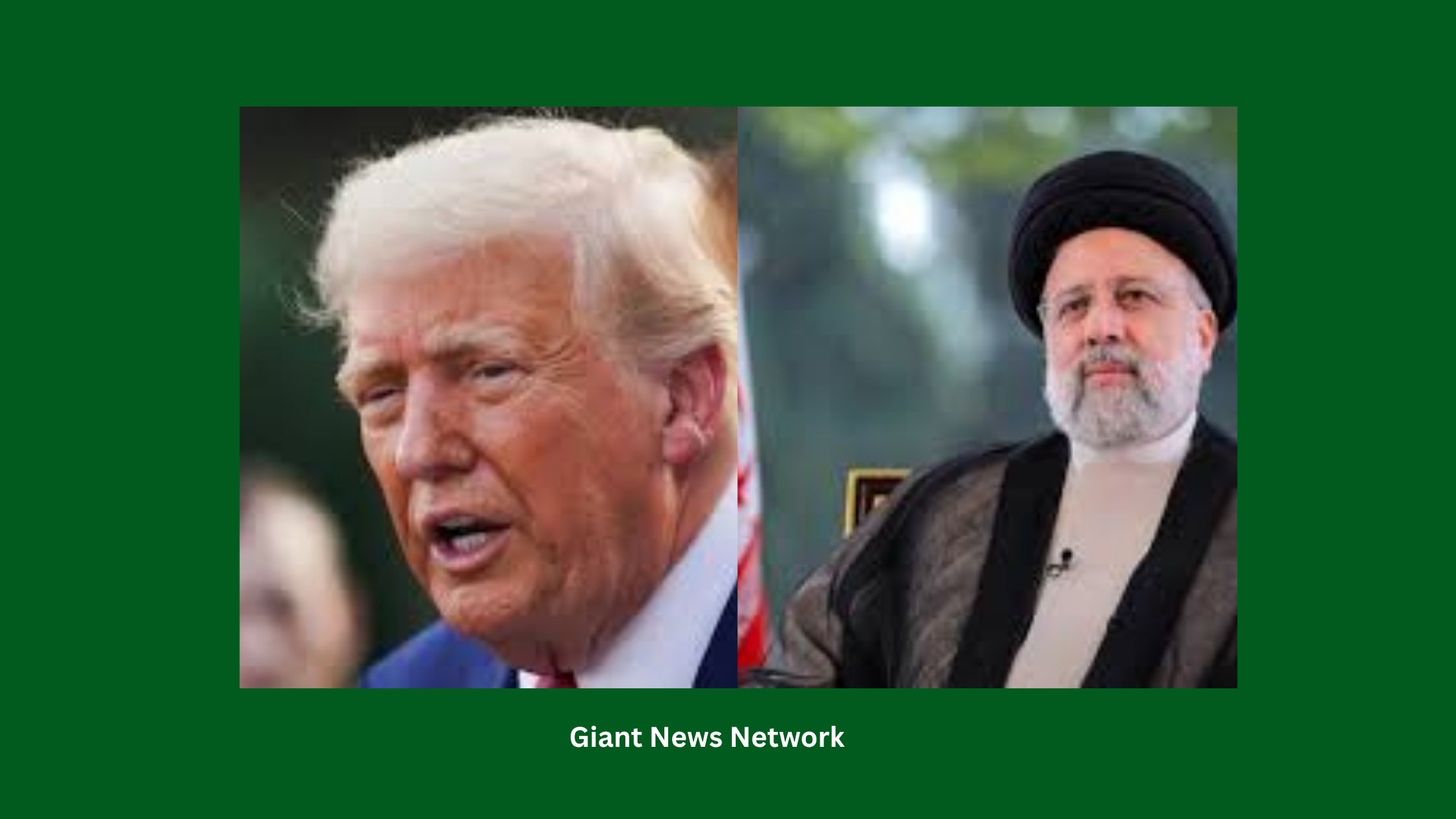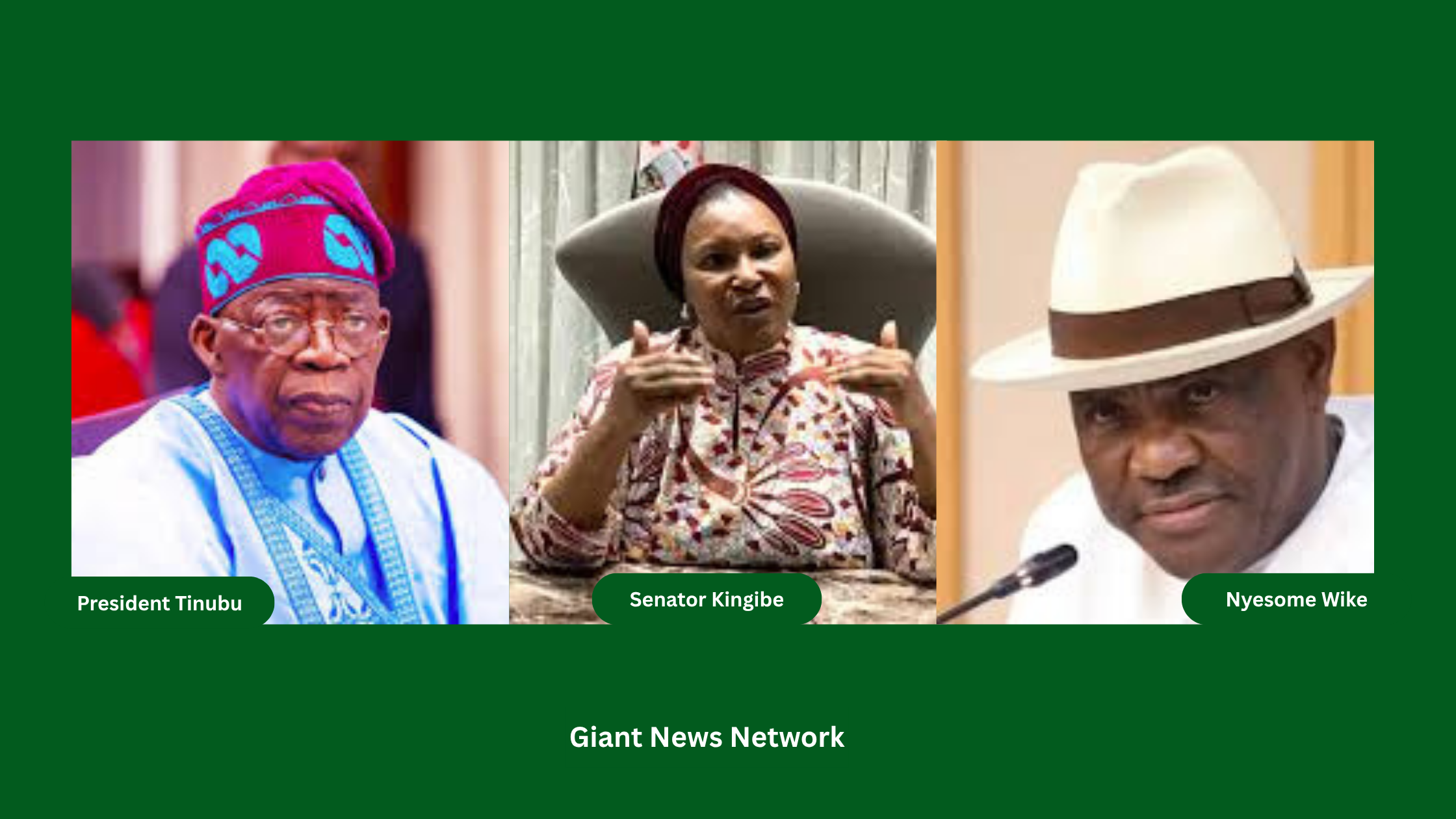In a move stirring both political and humanitarian controversy, U.S. President Donald Trump has signed a sweeping proclamation banning citizens from 12 countries from entering the United States, citing national security threats and insufficient identity verification systems in those nations.
The newly signed travel restrictions will take effect on June 9, 2025, and will fully bar nationals from the following countries:
Afghanistan, Myanmar, Chad, Congo, Equatorial Guinea, Eritrea, Haiti, Iran, Libya, Somalia, Sudan, and Yemen.
In addition, partial restrictions will be imposed on citizens of Burundi, Cuba, Laos, Sierra Leone, Togo, Turkmenistan, and Venezuela, with limited categories such as diplomatic personnel and athletes under strict scrutiny still allowed entry.
Speaking via a video message posted on X (formerly Twitter), President Trump defended the move, stating:
“We cannot have open migration from any country where we cannot safely and reliably vet and screen.”
The White House doubled down on the decision, describing it as a necessary security measure. According to the administration, many of the affected countries exhibit:
- A “large-scale presence of terrorists,”
- Poor cooperation with U.S. visa screening protocols,
- Weak criminal data records, and
- High rates of visa overstays.
Officials say the move is not discriminatory, but “data-driven,” aimed at protecting U.S. citizens from potential threats.
The proclamation includes some notable exemptions, including:
- Afghan interpreters and allies with special visas,
- Dual nationals holding citizenship in non-restricted countries,
- And international athletes participating in major competitions.
This latest directive mirrors the first-term travel ban introduced by Trump in 2017, which faced global condemnation for targeting majority-Muslim nations. That initial order was eventually upheld by the U.S. Supreme Court in 2018, before being repealed by President Joe Biden in 2021, who called it “a stain on our national conscience.”
Trump’s new order is being seen as part of a broader crackdown on immigration, one of his signature policy platforms. In January 2025, he signed an executive order mandating a full review of foreign nationals’ vetting processes, opening the door for the current list of suspended countries.
The announcement has sparked outrage from civil rights groups and immigration advocates who accuse the administration of reviving xenophobic policies under the guise of national security.
Critics argue that it risks separating families, endangering asylum seekers, and further isolating nations already grappling with conflict and instability.
As the policy takes effect next week, legal and humanitarian observers are already preparing for challenges—suggesting the next few months could see another heated battle over America’s immigration values and global image.
Whether this move truly strengthens national security or reopens old wounds of discrimination remains to be seen. For now, travelers from the listed countries are urged to seek immediate legal counsel and stay updated as the situation unfolds.

